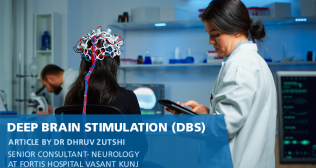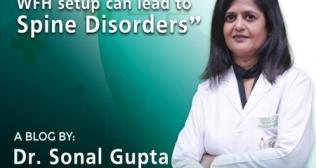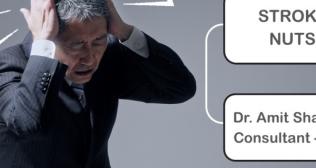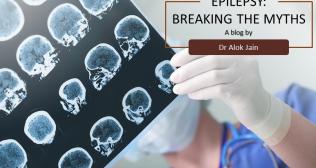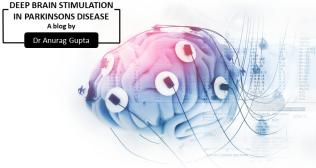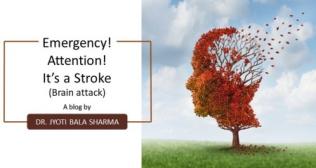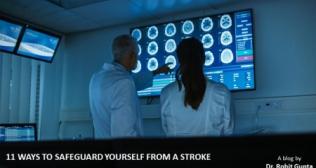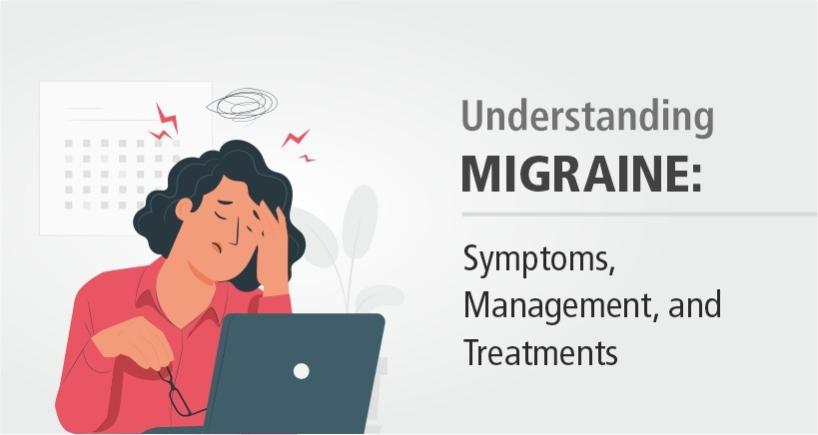
Understanding Migraine: Symptoms, Management, and Treatments
Migraine is a prevalent neurological condition characterized by recurrent episodes of severe headaches, often accompanied by sensory disturbances such as nausea, vomiting, blurring of vision and other debilitating symptoms. Dr. Vinit Banga, Director of Neurology at Fortis Escorts Hospital, Faridabad, provides a comprehensive exploration of migraine, focusing on symptoms, effective management strategies, treatment options, and practical tips for enhancing quality of life.
Symptoms of Migraine
Migraine headaches are typically:
- Severe: Described as throbbing or pulsating pain that can last from hours to days.
- Unilateral: Affecting one side of the head, though it can switch sides or affect both sides.
- Accompanied by Sensory Disturbances: Such as sensitivity to light (photophobia), sound (phonophobia), or smells (osmophobia); nausea or vomiting; and aura—visual disturbances like flashing lights, blind spots, or zigzag lines.
The variability in symptoms and their impact on daily activities underscores the need for personalized management approaches.
Management of Migraine
Managing migraines involves a multifaceted approach aimed at both acute relief and long-term prevention:
- Acute Treatment: Over-the-counter pain relievers (e.g., ibuprofen, acetaminophen) or prescription medications such as triptans are commonly used to alleviate pain and associated symptoms during an attack.
- Lifestyle Modifications: Identifying and avoiding triggers—such as certain foods (e.g., aged cheese, chocolate), stress, irregular sleep patterns, or hormonal fluctuations—can significantly reduce migraine frequency and severity.
- Behavioral Therapies: Techniques like relaxation exercises, biofeedback, and cognitive-behavioral therapy (CBT) help manage stress, which can trigger or exacerbate migraines.
- Preventive Medications: For individuals with frequent or severe migraines, preventive medications like beta-blockers, antidepressants, or anticonvulsants may be prescribed to reduce the frequency and intensity of attacks.
Treatment Options
In addition to conventional therapies, several advanced treatment options are available for individuals whose migraines are refractory to standard approaches:
- Botox Injections: Botulinum toxin injections administered every few months have been approved for chronic migraine prevention, reducing the frequency of attacks in some patients.
- Neuromodulation Devices: Devices such as transcranial magnetic stimulation (TMS) or non-invasive vagus nerve stimulation (nVNS) offer alternative methods for acute relief or preventive treatment.
- Alternative Therapies: Complementary approaches like acupuncture, massage therapy, or herbal supplements may provide relief for some individuals, although evidence supporting their efficacy varies.
Living with Migraine
While migraines can significantly impact quality of life, effective management strategies empower individuals to minimize their impact:
- Education and Awareness: Understanding migraine triggers, symptoms, and available treatments enables proactive management.
- Patient-Doctor Collaboration: Establishing a partnership with a neurologist like Dr. Vinit Banga ensures personalized treatment plans and ongoing support.
- Self-Care Practices: Keeping a migraine diary, practicing stress management techniques, and maintaining a healthy lifestyle contribute to overall well-being.
- Support Networks: Engaging with support groups or seeking counseling can provide emotional support and practical coping strategies.
In conclusion, comprehensive management of migraine involves a tailored approach integrating medical interventions, lifestyle adjustments, and supportive care. With advancements in treatment and proactive management, individuals with migraines can achieve better symptom control and enjoy an improved quality of life.
This detailed article, authored by Dr. Vinit Banga, Director of Neurology at Fortis Escorts Hospital, Faridabad, aims to educate and empower individuals affected by migraines with accurate information on symptoms, management strategies, treatment options, and practical advice for living well with the condition.
Categories
Clear allMeet the doctor

- Neurology | Neurology
- Neurology | Interventional Neurology
-
16 Years
-
900







